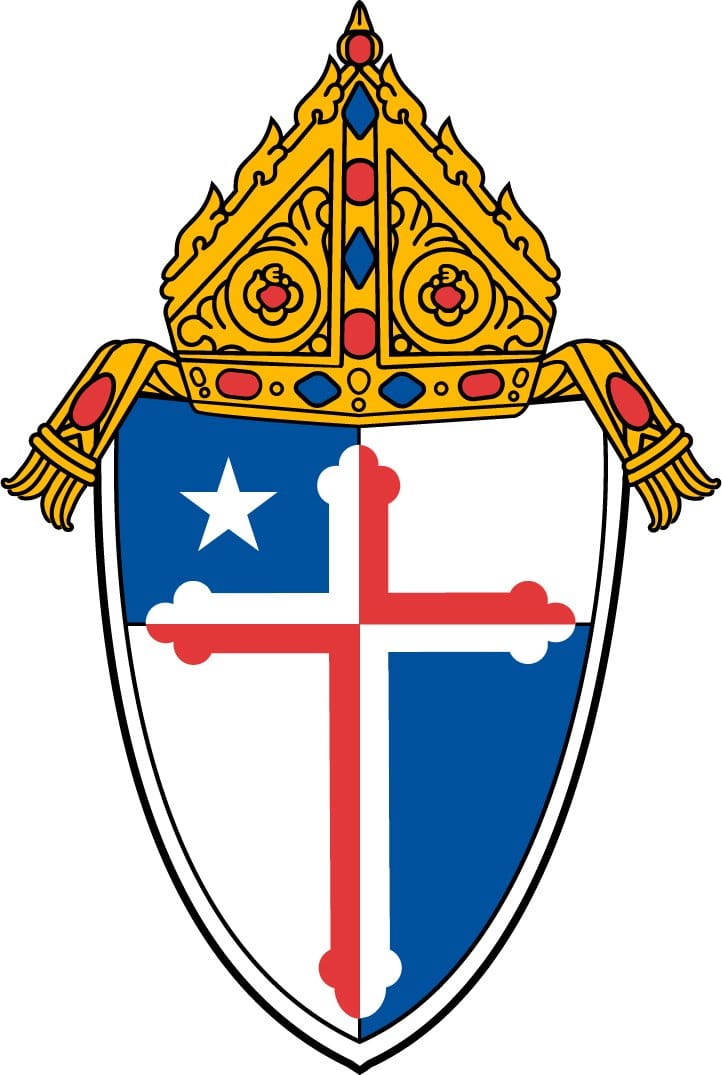
Baltimore Circuit Court Judge Robert Taylor Jr. ruled Feb. 24 that a redacted version of the Maryland Attorney General Office’s report on child sexual abuse in the Archdiocese of Baltimore must be released publicly.
The judge ordered the attorney general’s office to redact more than 200 names from the report and submit it to the court by mid-March.
« Ever-aware of the pain endured by survivors of child sexual abuse, the archdiocese once again offers its sincere apologies to the victim-survivors who were harmed by a minister of the church and who were harmed by those who failed to protect them and who failed to respond to them with care and compassion, » said Christian Kendzierski, archdiocesan spokesman.
He made the remarks in a written Feb. 24 statement issued in response to Taylor’s ruling.
« As we said publicly last year, » Kendzierski continued, « we respect the court’s decisions in this matter and will continue to cooperate with the court and the Maryland attorney general’s office. The archdiocese continues to pray this report brings some measure of healing of the deep wounds caused by the scourge of child sexual abuse in the life of the church. »
In a letter sent to Catholics in the archdiocese Nov. 17, Baltimore Archbishop William E. Lori acknowledged information in the report would be a source of renewed pain for many, « most especially those harmed by representatives of the church. »
The report investigates 80 years of allegations of sexual abuse and the response by the archdiocese to those allegations.
According to a copy of his ruling posted by the Baltimore Sun, Taylor said 208 individuals in the report need to be notified that they are in the report and must have an opportunity to review sections of the report that pertain to them.
The proposed release of the attorney general’s report has prompted calls in the Maryland General Assembly to look again at the statute of limitations in civil cases. There is no criminal statute of limitations in Maryland for sexual abuse of minors.
The Maryland Catholic Conference, legislative advocacy arm of the state’s Catholic bishops, issued a statement Dec. 19 indicating support for legislation that would prospectively eliminate statutes of limitation for civil litigation involving cases of child sexual abuse.
Similar legislation eliminating the statute of limitations for a minor victim of a human trafficking offense or federal sex offense to file a civil action to recover damage was signed into law at the federal level in September.
« That bipartisan federal legislation also allows individuals an unlimited amount of time to file civil litigation in future cases of child sexual abuse, » the state Catholic conference said.
Prospectively eliminating the statutes of limitations would affect cases of sexual abuse that occur now or in the future. It would not affect cases that happened in the past, retroactively. In general, the statute of limitations that applies in a case is the one that was in effect at the time of the abuse, not when it was reported.
The Archdiocese of Baltimore was one of the first in the country to publicly disclose the names of priests credibly accused of sexual abuse, even if they had not been criminally charged.
At that time, 57 men were named. Other names have been added in the intervening years as allegations became known. More were added in 2018 after a Pennsylvania grand jury report detailed allegations that included some priests who had served in Maryland or cases where the alleged abuse occurred within the boundaries of the archdiocese.
In April 2019, an additional 23 names were added of priests who had been accused of child sexual abuse after they were deceased.